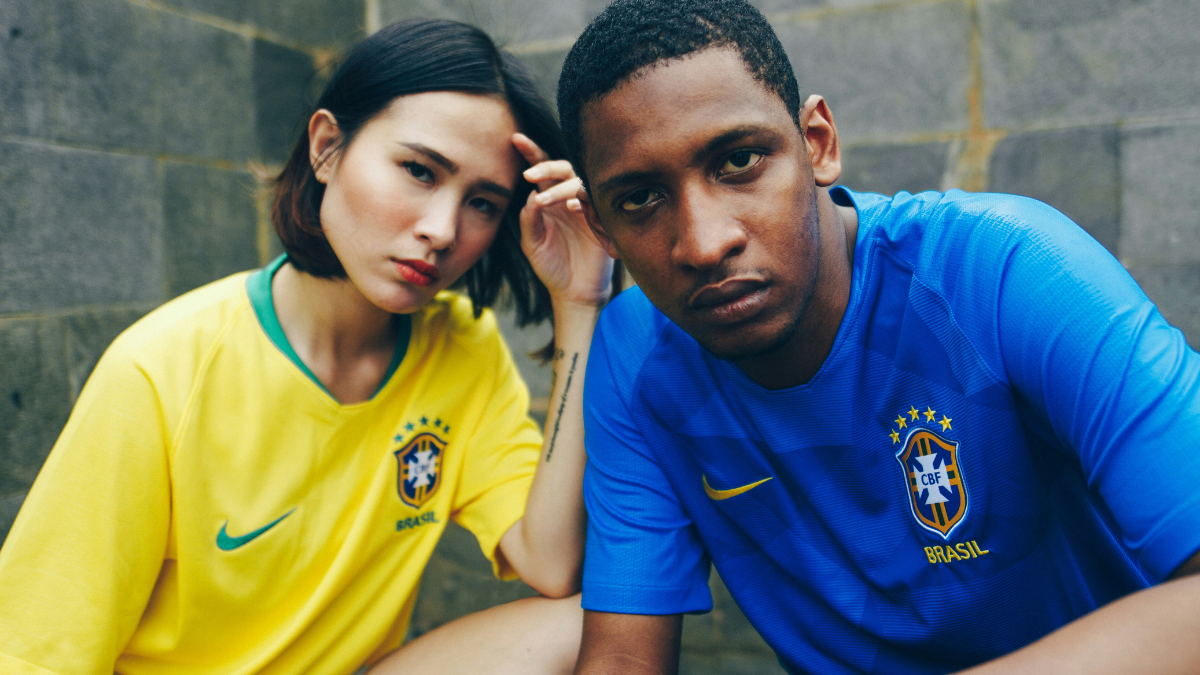Can artificial intelligence truly grasp the essence of what makes us laugh?
This curious idea is on the cutting edge of AI’s next great frontier, understanding and generating nuanced human humour. As machine learning capabilities explode, researchers are tackling one of humanity’s most intricate cognitive skills: understanding the complexities behind what makes us human. At its core, humour is deeply rooted in our distinctly human experiences, shaped by the rich tapestry of cultures, personal histories, and nuanced social dynamics we navigate every day. The subtleties of wit, irony, wordplay, and finding amusement in the unexpected are woven into the very fabric of our existence, presenting a formidable challenge for AI systems to untangle.
Moreover, humour often transcends literal language, drawing from shared cultural references, inside jokes, and our collective experiences as humans in ways algorithms struggle to replicate. An off-colour punchline about a controversial figure might provoke raucous laughter from some crowds while leaving others appalled at its insensitivity or poor taste. Grasping those nuanced contextual layers poses a huge hurdle for AI. The idea that AI could one day create humour that genuinely connects with the human experience is both exhilarating and concerning. In recent conversations, with two dear friends, and speaking at a thought-provoking event at the AI Goosebumps Club, we grappled with the double-edged nature of our growing AI reliance, a nuanced “yes AND no” perspective. Recognising AI’s capability to enhance or mimic human creativity, we face the complex challenge of substituting human artistry with AI. The ‘System’s View of Life‘ suggests that despite AI’s rise, human creativity’s unique role remains crucial across all aspects of our lives, including entertainment.
As we explore the metaverse, we must consider not only the opportunities it presents but also the potential loss of the nuanced, human elements in art and humour that make them irreplaceable.
The media industry’s pursuit of greater efficiency, broader reach, and AI-powered personalisation is certainly beneficial in many ways. But it also echoes cautionary lessons from past eras, like the Industrial Revolution’s widespread environmental and societal impacts from rapidly adopting new technologies without adequate foresight. This parallel suggests that we need to pause, slow down and deeply consider the longer term impact of AI’s role in creative fields like comedy. We must approach it with deep reverence for the nuances that make comedy so resonant to the human experience. This transcends just technological considerations, tugging at the very soul of what laughter and mirth mean across cultures worldwide.
For the media industry, the ethical ramifications of pursuing AI-generated humour cannot be overstated
We must ask ourselves, what creative sacrifices are we truly willing to make at the altar of innovation? What societal costs may inadvertently yet inevitably arise as we rely on AI to learn how to make us laugh? The consequences could ripple through generations.
We have a moral obligation to instil in these artificial intelligences a deep understanding of, and reverence for our human contexts, stories, and shared experiences of joy and pain that give rise to comedy. We cannot let blind algorithms propagate hurtful prejudices under the guise of innocent amusement, for that path leads to an increasingly fractured world.
We stand at a crossroads as we usher AI into this hallowed space of humour. Will we let the technology learn to mock and stereotype? Or can we guide it to appreciate the diversity of perspectives, the idiosyncrasies, the juxtapositions that, united by well-timed laughter, become the ties that bind humanity together? This endeavour is bigger than just handing the media business a new tool: we are forging a novel relationship between human and machine. The art we create, the tales we tell, the punchlines we craft, these could birth a new paradigm of mutual understanding between biological and artificial intelligence.
We hold a significant responsibility in teaching AI about human humour, as this education could shape how AI perceives and interacts with us, its creators. Our choices in the narratives, art, and examples of humour we highlight will undoubtedly influence how these artificial minds define us. As the future remains unwritten, it’s crucial to remember, ‘Isn’t it strange, to create something that hates you?’ — a poignant and chilling reflection from the movie Ex Machina (2014) on the complex relationship between creators and their creations.
Featured image: ThisIsEngineering / Pexels



























